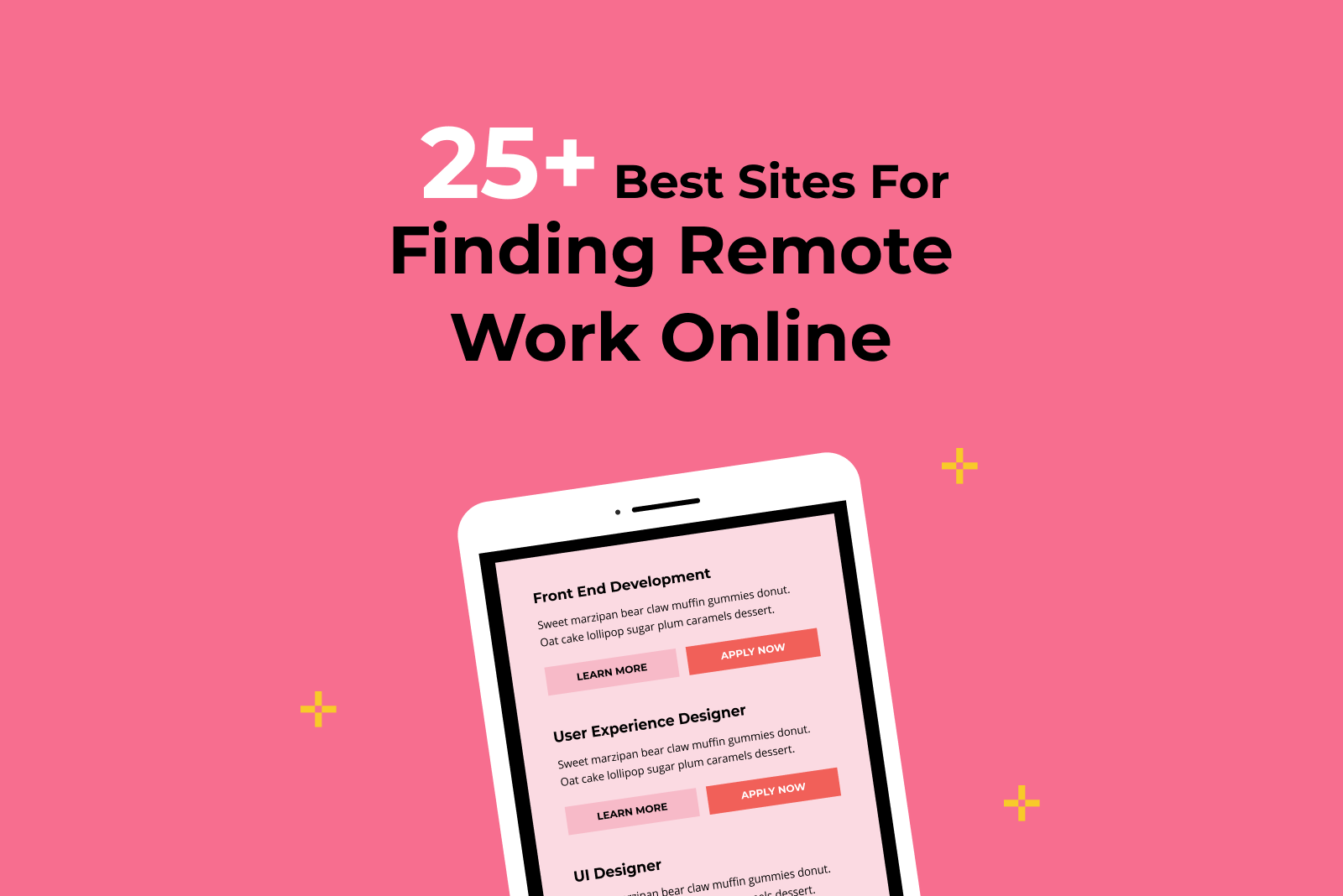Home » Tech Jobs Database » Embedded Systems Developer
Embedded Systems Developer
Also goes by: Embedded Software Engineer, Embedded Software Developer,
What Is a Embedded Systems Developer?
Embedded systems developers work with hardware and software integration, often working with languages like C and C++.
How much will I make?
Salaries can range by location and years of experience, but these are averages for the US.
$69,218.00
according to Salary.com
Will I get a job?
Projected job growth is 17% for the period 2020-2030 in the US, according to the U.S. Bureau of Labor Statistics.
17,029
Total Openings
according to comptia.org
Who will I work for?
- Electronics Companies
- Automotive Companies
- Aerospace Companies
- Telecommunication Companies
- Robotics Companies
Embedded Systems Developer’s Daily Activities
No Embedded Systems Developer works alone! Embedded Systems Developers spend their days collaborating with designers, other developers, and product or project managers to bring hardware and software integrations to life. Below you will get a sense for what a day-in-the-life of a Embedded Systems Developer could be:
Collaborate With Your Team Members to Build hardware and software integrations
Embedded Systems Developers work hand-in-hand with their team members to create hardware and software integrations. In order to do this, you’ll need to have an understanding of a wide variety of skills including Embedded C/C++, Microcontroller programming, Real-time operating systems. Collaboration can take many forms, including planning and strategy meetings, design brainstorms, reviews, and pairing.
Code Your hardware and software integration
Much of a Embedded Systems Developer’s day is spent coding. In practice this means having a development environment set up on one’s computer that allows you to track your progress as you go.
Test Your hardware and software integration
One of the joys of working as a Embedded Systems Developer is that hardware and software integrations are ALWAYS breaking! As a Embedded Systems Developer one of your core duties is testing your hardware and software integrations for bugs and errors and working to fix them
Embedded Systems Developer
It’s absolutely possible to become a Embedded Systems Developer even if you have no prior experience in tech and no degree. In fact, a career as a Embedded Systems Developer is one of the best entry level jobs in tech. Read on to learn how to do it!
Learn The Required Skills
First things first, in order to become a Embedded Systems Developer you have to learn the required tech skills!
Embedded C/C++
Embedded C/C++ refers to programming languages used to develop software for embedded systems, which are specialized computing devices embedded in other products or machines, such as microcontrollers in IoT devices.
Microcontroller programming
Writing code to control and operate microcontrollers, used in embedded systems for specific tasks and applications.
Real-time operating systems
Real-time operating systems (RTOS) are specialized software systems used in industrial automation, robotics, and aerospace systems (among others) that are designed to ensure that the system executes critical processes consistently, predictably, and within a certain time frame.
Hardware architecture
Hardware architectures are the designs of computer hardware systems. Hardware architectures define the components of a computer system, such as the processor, memory, and storage devices.
Assembly language
Assembly language is a low-level programming language that is used to control the hardware of a computer. Assembly language is often used to write performance-critical code.
Bus communications
Bus communications is the process of sending data between different components of a software system. There are a number of message bus implementations available, such as Apache ActiveMQ, RabbitMQ, and Google Cloud Pub/Sub.
Embedded systems
Embedded systems are small, specialized computers that are used to control devices such as cars, airplanes, and medical devices.
Hardware Tools
Hardware tools are tools that are used to work on hardware devices, such as computers, printers, and routers. Hardware tools include screwdrivers, wrenches, and multimeters.
RTOS (Real Time Operating System)
RTOS stands for Real-Time Operating System. It’s an operating system designed for real-time applications that require predictable response times.
Git
Git is a distributed version control system that tracks changes in source code during software development, facilitating collaboration among developers and enabling code management across different versions.
Read MoreVersion Control
Version control is the management of changes to documents, source code, or other files, allowing multiple users to collaborate and track revisions, facilitating teamwork and preventing conflicts.
Read MoreBuild A Portfolio
The best way to demonstrate that you have the necessary skills—especially when you have no prior experience—is with a portfolio of professional quality coding samples.
Check out these blog posts for more:
Apply For Tech Jobs
Once you’ve learned all the required technical skills and built a killer portfolio, it’s time to dust off that old resume and LinkedIn profile and hit the pavement, or Internet superhighway as it were, in search of your first job as a Front End Developer!
➡️ Prepare Your Resume, LinkedIn, and Portfolio
Although your most valuable asset as you job search is your portfolio, you do have to cross your t’s and dot your i’s and when it comes to the job search that means optimizing your resume and LinkedIn profile. Tech employers expect you to have all three!
Check out these blog posts for more:
➡️ Build Your Network
Your net worth is in your network, which can be hard when you’re changing careers! But don’t worry, the tech industry is incredibly welcoming to newcomers. Whether you prefer in-person meetups, Slack channels, coffee-over-zoom chats, conferences, hack-a-thons or a little bit of everything, there are tons of opportunities for you to meet fellow techies.
Check out these blog posts for more:
➡️ Find Good Jobs To Apply For
A good job can be hard to find—or is it? The good news about tech is that there are so many openings at so many diverse companies that your biggest challenge will most likely be keeping up with all the opportunities!
Check out these blog posts for more:
➡️ Practice Interviewing
Whether you’re a season pro, or brand new to the tech industry: interviewing for a new job is tough! Add to that technical interviews…and you’ve got a recipe for heartburn, practically guaranteed. Luckily there’s an antacid on the market that works every time: practice. Read on for expert guidance on how to prepare for your next tech job interview.
Check out these blog posts for more:
➡️ Prepare for Technical Tests
Ah the dreaded technical test! Technical tests can come in many different forms: whiteboard tests, pair programming tests, take-home tests, algorithmic tests…just to name a few. Luckily, getting good at technical tests is a skill, just like anything else, and it’s one you can absolutely practice ahead of time.
Check out these blog posts for more:
You Might Also Be Interested In Learning About:
Firmware Development
Firmware developers work with hardware-level software like embedded systems or computer peripherals.
Learn More
Want more options?
Explore More than 57 tech job Profiles available On the Skillcrush Database
explore the databaseFAQ
-
What does a Embedded Systems Developer do?
Embedded systems developers work with hardware and software integration, often working with languages like C and C++. You will find Embedded Systems Developer working at a number of different types of companies including Electronics Companies, Automotive Companies, Aerospace Companies, Telecommunication Companies, Robotics Companies.
-
How much do Embedded Systems Developers make?
Although salaries can range by location and years of experience, the average salary for Embedded Systems Developer in the US is $69,218.00 according to Salary.com.
-
Is a Embedded Systems Developer the same as a Embedded Software Engineer?
Yes, Embedded Systems Developers are sometimes also referred to as Embedded Software Engineer. Other common names for Embedded Systems Developer include: Embedded Software Developer.
-
Are Embedded Systems Developer in demand?
Yes, Embedded Systems Developer is in high demand: there are currently 17,029 jobs open. And the number of jobs is expected to grow substantially over the next 10 years. Projected job growth is 17% for the period 2020-2030 in the US, according to the U.S. Bureau of Labor Statistics.
-
Is a Embedded Systems Developer a good job?
Yes, with an average salary of $69,218.00 according to Salary.com, and 17,029 current job openings, Embedded Systems Developer is considered a great job.
-
What skills does a Embedded Systems Developer need?
In order to work as a Embedded Systems Developer you will need to know a number of different technical skills including 3D programming, AI, .NET, Agile Methodology, .NET.
-
Is it too late to become a Embedded Systems Developer at 35?
Absolutely not! You can become a Embedded Systems Developer at any age. And since so many jobs in tech, like Embedded Systems Developer, are relatively new, if no one over 35 could become one, there would be even MORE job openings than the 17,029 open Embedded Systems Developer roles that there are!


















